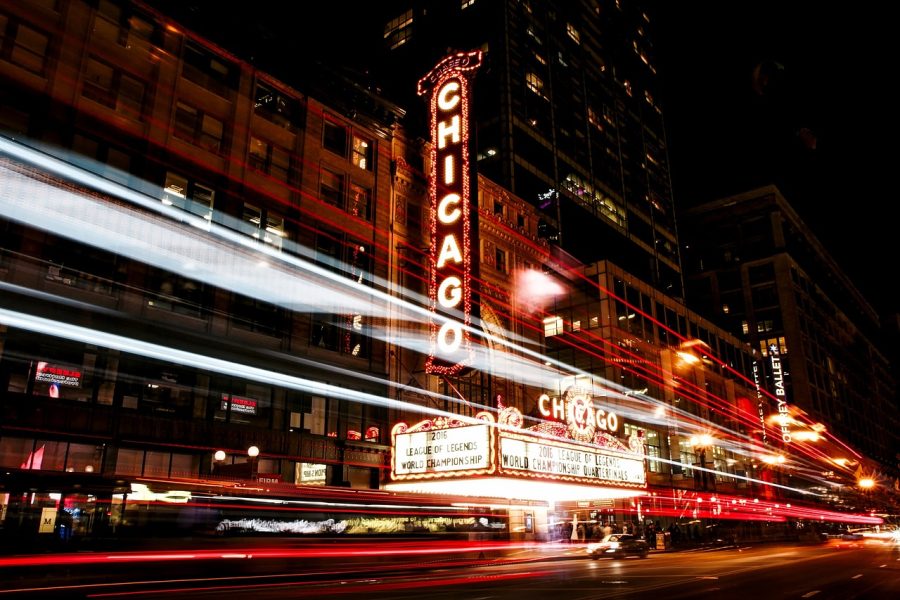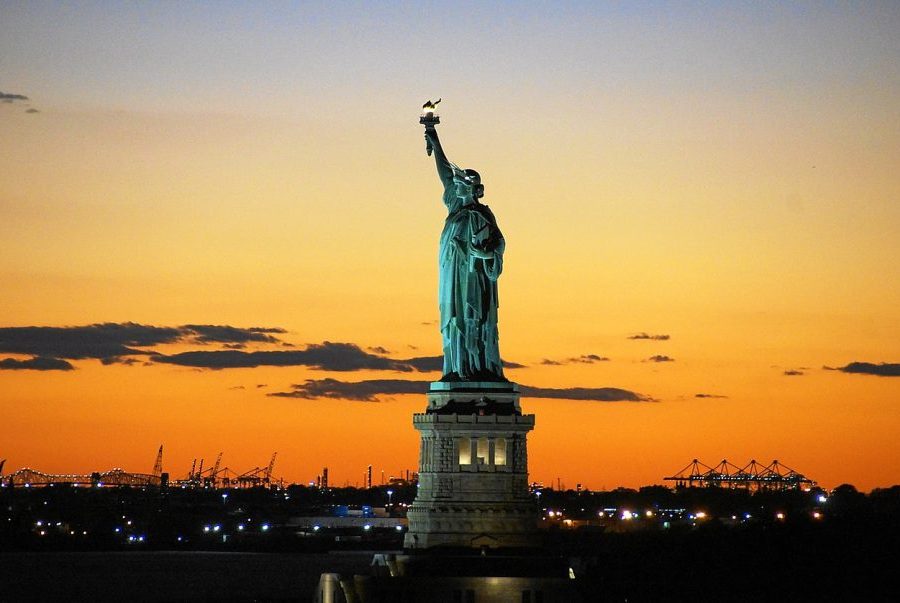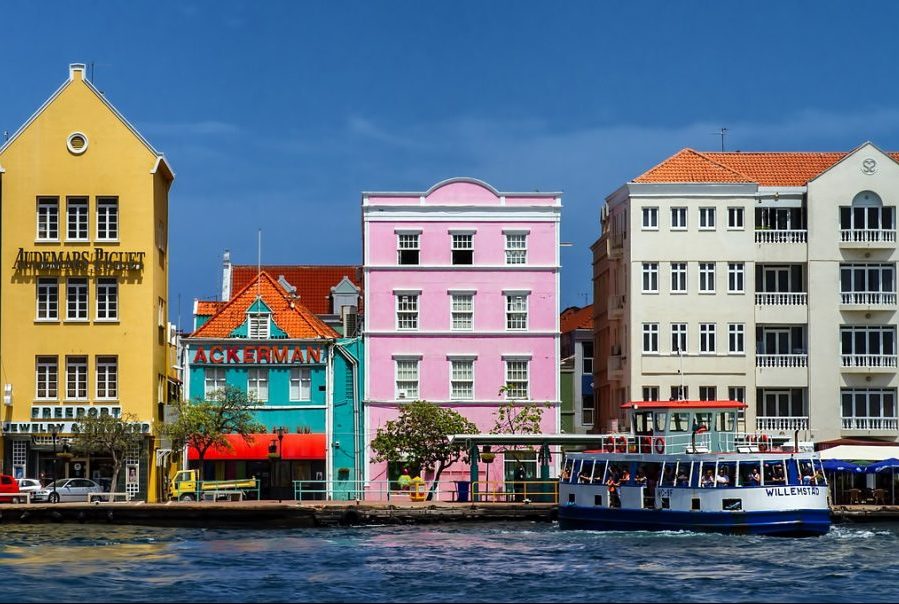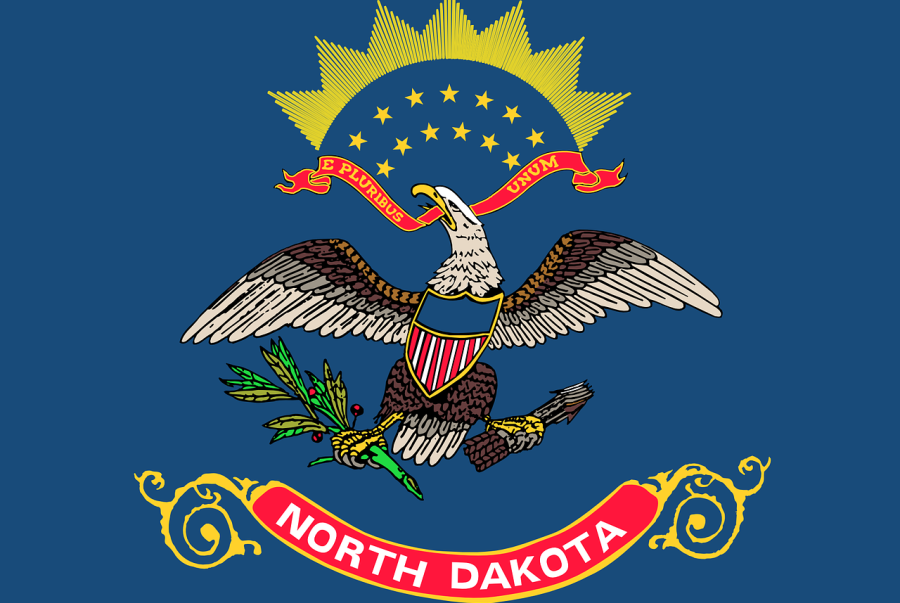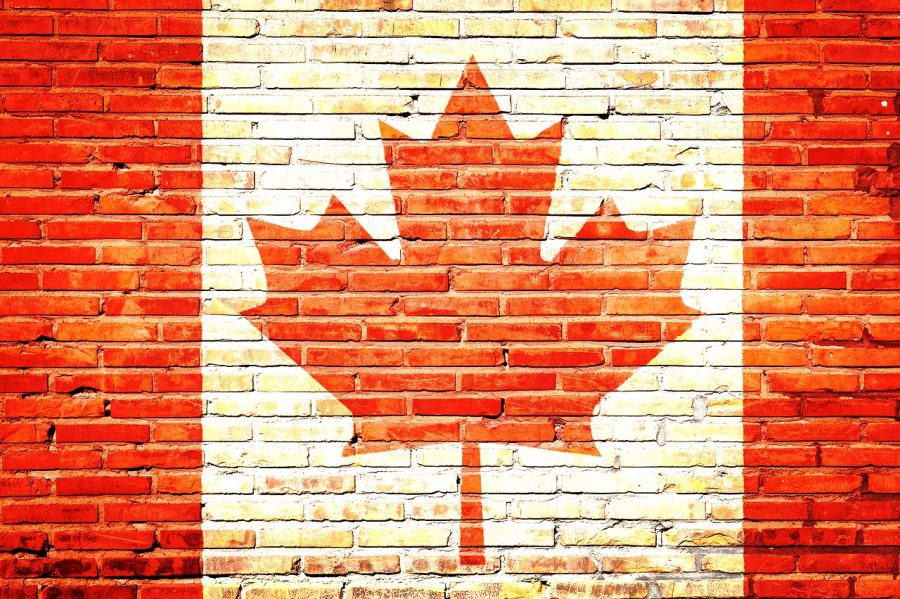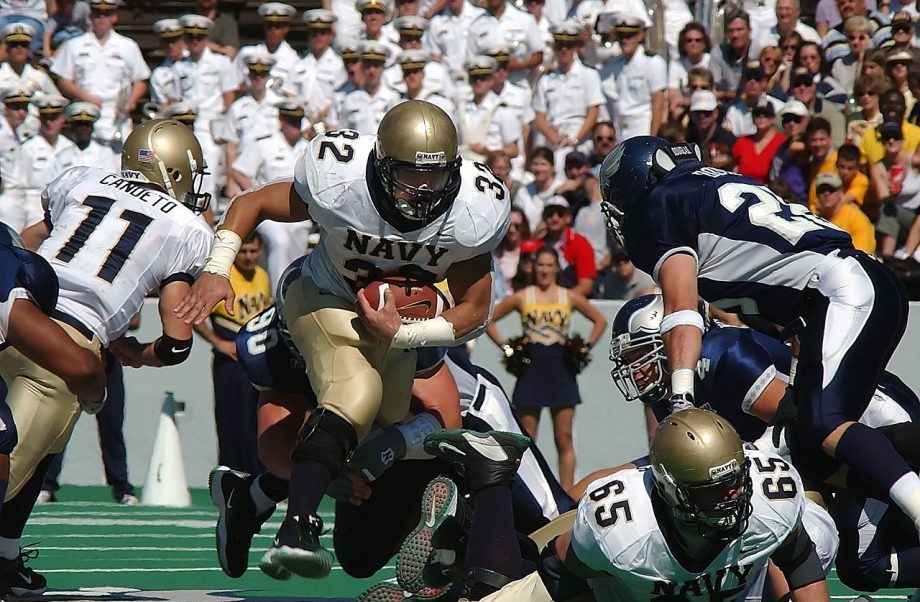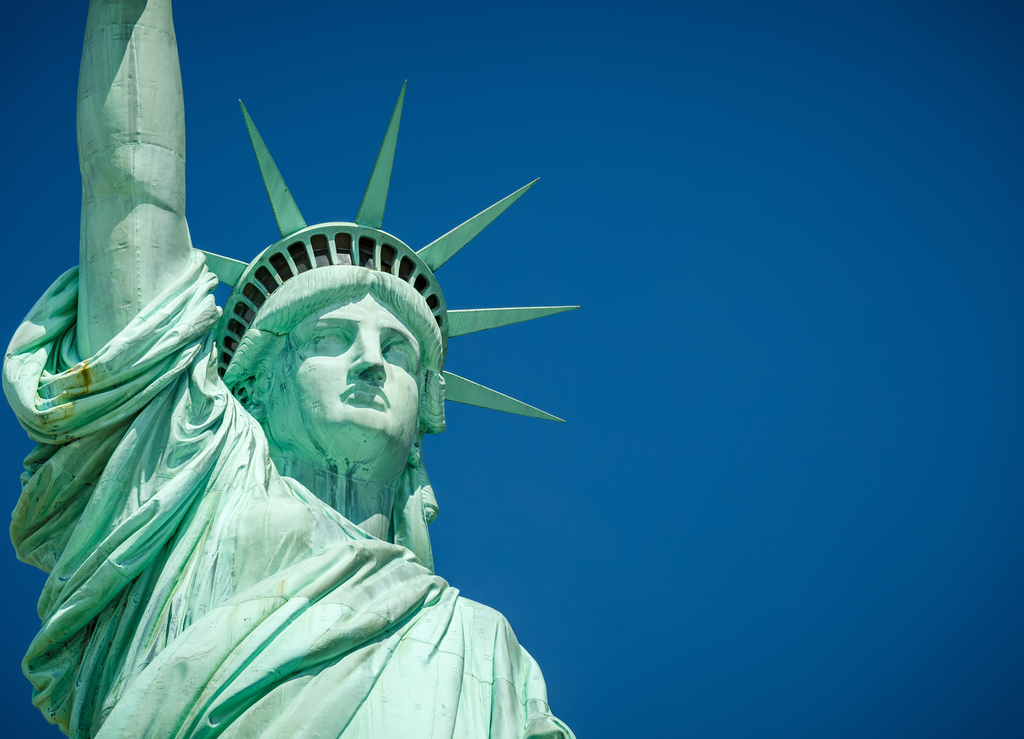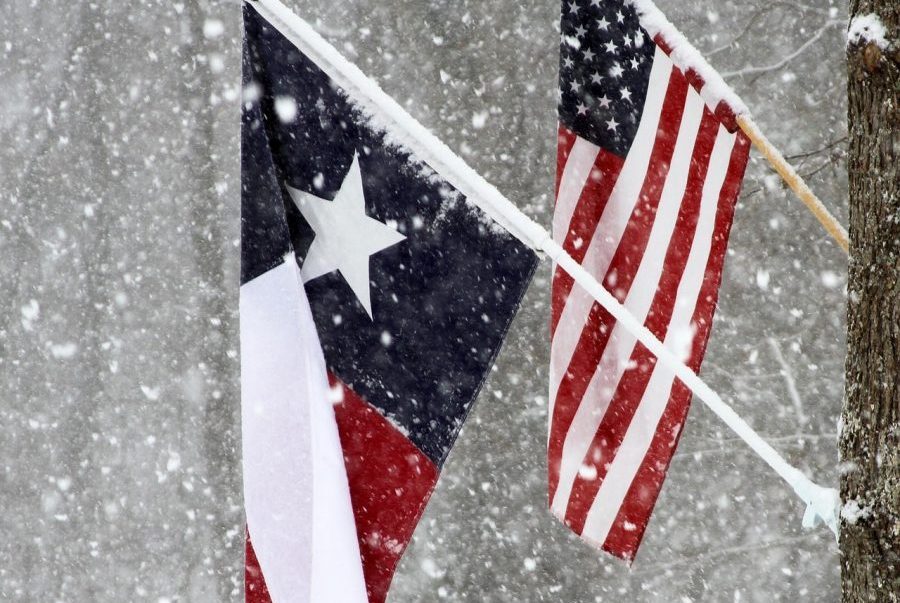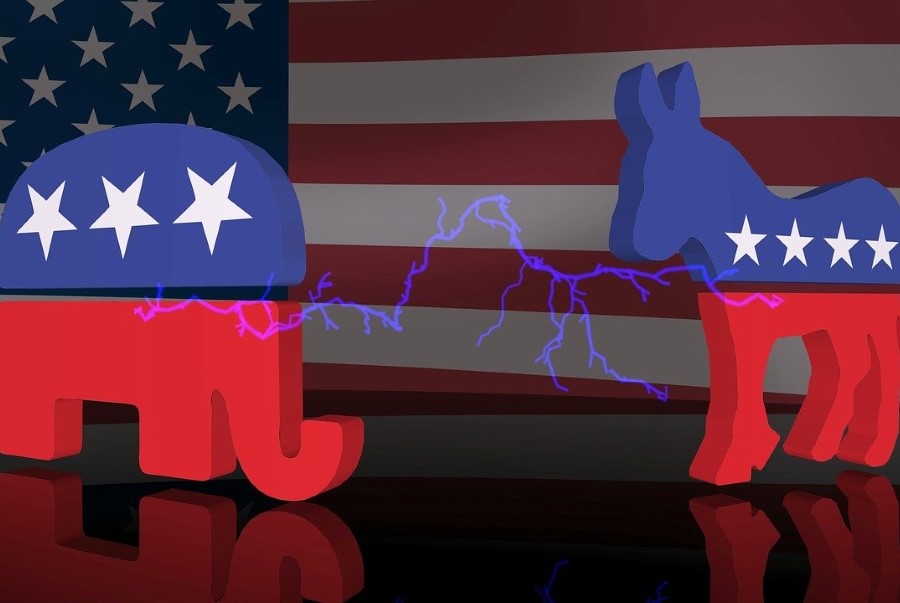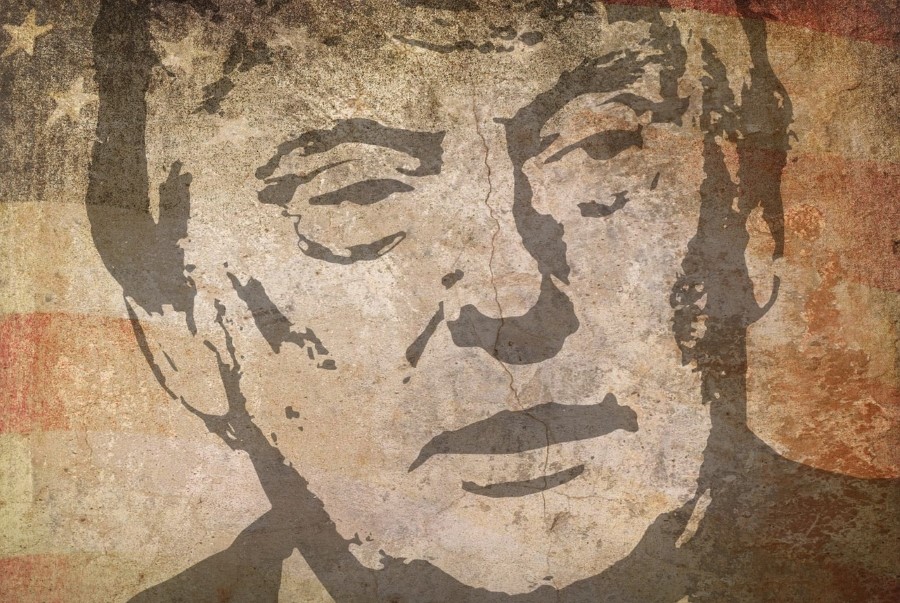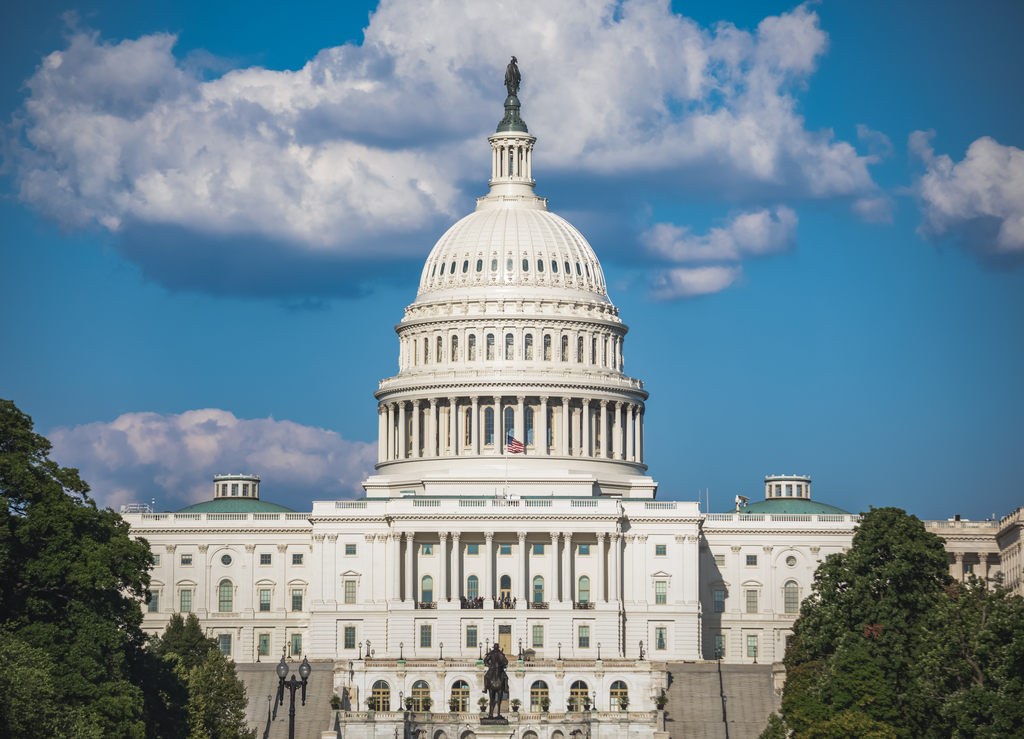Senator Cristina Castro (D) has submitted a bill to legalize online casinos in the state of Illinois. The proposed legislation would enable online gambling sites to obtain an operating license in the Prairie State and do their business 100% legally. The Illinois Gaming Board would be the governmental body in charge of giving the gaming license, as well as controlling the work of the operators.
As per Castro’s proposal, the operators would have to pay a one-off license fee of $250,000. In order to keep their license, however, they’d need to give 15% of their adjusted gross revenue to the state.
New Illinois Gambling Bill Introduces 15% Tax on Adjusted Gross Revenue
A tax rate of 15% is set in the new bill. Castro’s proposal is to make the operators pay 15% of their adjusted gross revenue while being allowed to deduct promotional credits. It would serve as a much-needed source of revenue for the state which is still recovering from the coronavirus pandemic.
Tax money is just one on a long list of reasons why Illinois lawmakers are considering regulating the online gaming market. Another incentive is to ensure the well-being of online gamblers. Playing casino games at unlicensed offshore platforms means that the state cannot help the players if they get scammed.
However, with a regulated online gambling market, the state’s gambling authority would be able to control the casinos. Apart from ensuring fair gaming, the Illinois Gaming Board would also be able to promote responsible gambling.
Fast-Tracked Licensing Process to Avoid Delays
Senator Castro’s previous shot at legalizing online gambling in Illinois failed, but this time, the chances are it will be successful. Encouraged by the success of sports betting, Illinois lawmakers seem to be changing their stance on other forms of gambling as well.
Further, the state’s been generating a lot of money from taxing land-based gambling businesses. For example, Illinois cashed in over $785 million last year from video gaming terminals (VGTs).
Castro and her colleagues realize there’s a lot of tax money to be made from any form of gambling, including internet casino gambling. That’s why her proposal comes with short deadlines for applicants, which would avoid any unnecessary delays.
Online Casino Gambling Legal Only in a Handful of States
Of all the gambling forms available in the United States, internet casino gambling is the one that’s illegal in most states. In fact, in 2023, there are only six US states that have legalized and regulated the online casino industry – New Jersey, Pennsylvania, Delaware, Connecticut, Michigan, and West Virginia. In comparison, there are 27 states where online sports betting is legal.
The reasons why the legalization process is going slowly differ from one state to another. In some states (e.g., Nevada), lifting the ban on online casinos could have a devastating impact on land-based casino businesses. In some other states (e.g., Utah and Hawaii), online gambling is outlawed for moral, religious, and/or traditional reasons.
Still, in most cases, the reason why internet casinos aren’t legal and regulated is that lawmakers simply haven’t had time to deal with it.
